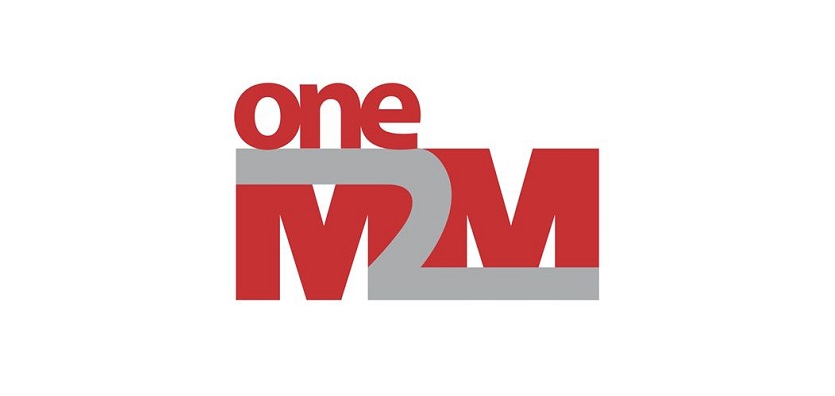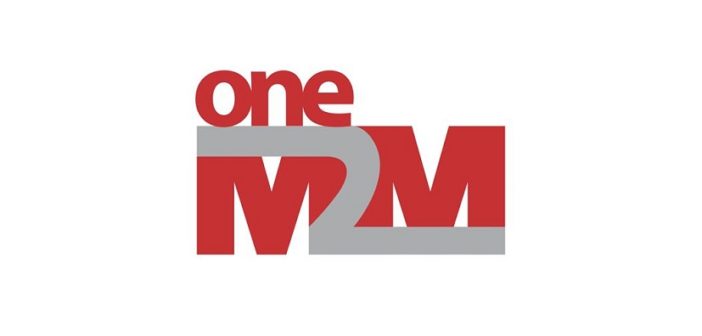
Connectivity providers, cyber-security experts and academia are among new joiners
International standards initiative oneM2M has announced it has welcomed a range of new members as organisations around the world seek to accelerate the development of the Internet of Things (IoT) market through greater interoperability.
A cybersecurity specialist, research institutes, service providers and the Universidad Politécnica de Madrid’s faculty of computer science are among the latest companies to join the organisation. The newest additions to oneM2M’s vast membership come from America, Asia, Europe and Russia, demonstrating the relevance of its standardization efforts across the globe.
“2020 is shaping up to be a year when increased levels of collaboration between global organisations, institutions and companies really accelerate mass adoption of the IoT across a range of sectors,” said oneM2M Steering Committee Chair, Enrico Scarrone. “We are already working in partnership with the IoT Connectivity Alliance (ICA) and have recently set out how we will be collaborating with the Industrial Internet Consortium (IIC). The breadth of expertise and geographic spread of our new members will further add to our global knowledge base and effort as we build the levels of seamless interoperability needed to drive forward a technologically agnostic and secure platform for the IoT.”
With cybersecurity becoming an increasingly important issue, US-based online authentication expert Valimail is among oneM2M’s new members. “We are excited to join oneM2M,” said Valimail’s Technical Director Ash Wilson. “oneM2M’s service layer standardization is an enabler for the IoT ecosystem, and secure device identity is essential for keeping the ecosystem secure, especially as IoT technology becomes ever more ubiquitous in our daily lives and routines We look forward to exploring how Valimail’s expertise in email authentication can contribute to the problem of device identity validation in IoT.”
Progress toward oneM2M’s goal of creating one common IoT language will be helped by the Universidad Politécnica de Madrid becoming a member organisation. Its Ontology Engineering Group’s focus on the standardization of ontologies and on semantic interoperability in general ties in perfectly with oneM2M’s belief that semantic interoperability is one of the IoT’s key enabling technologies.
Semantic interoperability is also a concern for Russian firm JSRPC Kryptonite, another new member. “Our aim is to increase awareness amongst market players and regulators that IoT mass market development in Russia requires interoperability based on open standards,” said Dmitry Kadomtsev, Deputy Head of the Laboratory of Telecommunications and Special Equipment at JSRPC Kryptonite. “It assumes enabling interoperability in a multi-vendor, multi-network, multi-service environment. We believe our collaboration with oneM2M consortium will help to enable semantic interoperability across information silos. oneM2M has reached a good level of maturity and developed a set of de-facto standards that is available to be implemented on Russian market.”
Among the other new oneM2M members is the Hyderabad-based International Institute of Information Technology which sees the IoT as crucial to its smart city research initiatives.
“We are very happy to be a part of the oneM2M standards efforts and have decided to adopt oneM2M standards for India’s first ‘Living Lab’, which will be a proving ground for Smart City innovations,” said the institute’s Assistant Professor Sachin Chaudhari. “oneM2M has enabled us to create the data sandbox with a standards approach in the living lab context. We can reap the benefits and create Artificial Intelligence-based solutions on top of it in a fast and efficient way. We also look forward to contributing to the standard with our expertise and learning so that the entire community can benefit.”
oneM2M has also welcomed Indian integration and connectivity expert Sensorise Digital Services P Limited as a new member.






